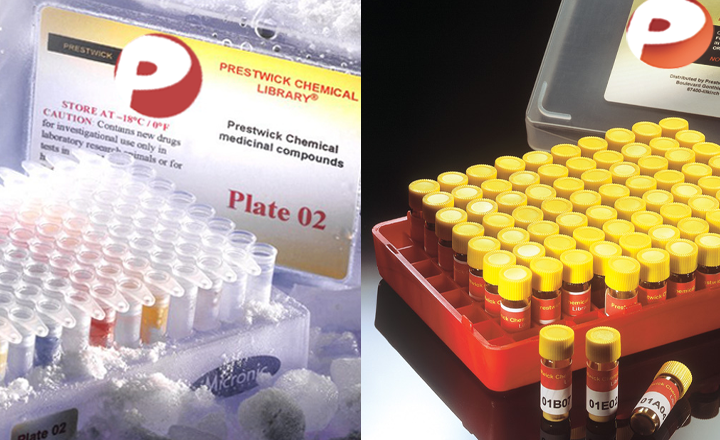A fluorescent polarization-based assay for the identification of disruptors of the RCAN1-calcineurin A protein complex
Carme Mulero M, Orz??ez M, Messeguer J, Messeguer ?, P??rez-Pay?? E, P??rez-Riba M
Analytical Biochemistry - vol. 398 99-103 (2010)
Analytical Biochemistry
Calcineurin is a Ca2+/calmodulin-dependent serine/threonine protein phosphatase involved in many biological processes and developmental programs, including immune response. One of the most studied substrates of calcineurin is the transcription factor NFAT (nuclear factor of activated T cells) responsible for T-cell activation. Different anticalcineurin drugs, such as cyclosporine A and FK506, are the most commonly used immunosuppressants in transplantation therapies. Unfortunately, their mechanism of action, completely blocking the calcineurin phosphatase activity while also requiring continuous administration, bears severe side effects. During recent years, the family of regulators of calcineurin (RCAN) has been described and studied extensively as modulators of calcineurin signaling pathways. The RCAN1 region, spanning amino acids 198 to 218 and responsible for inhibiting the calcineurin-NFAT signaling pathway in vivo, has been identified. An RCAN1-derived peptide spanning this sequence interferes with the calcineurin-NFAT interaction without affecting the general calcineurin phosphatase activity. Here we report the development of an optimized in vitro high-throughput fluorescence polarization assay based on the disruption of the RCAN1198-218-CnA interaction for identifying molecules with immunosuppressant potential. This approach led us to identify dipyridamole as a disruptor of such interaction. Moreover, three small molecules with a potential immunosuppressive effect were also identified. ?? 2009 Elsevier Inc. All rights reserved.


